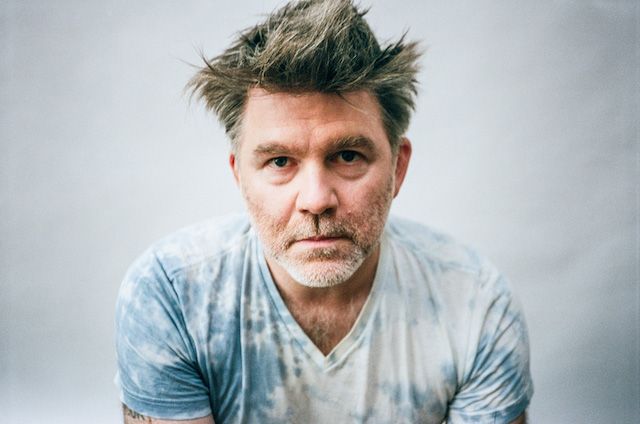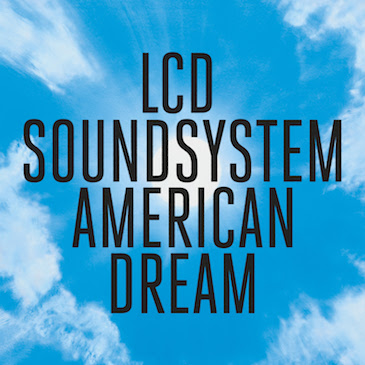LCD Soundsystem's New 'American Dream' Delivers A Potent Mix Of Paranoia, Tension & Beauty
By Tankboy in Arts & Entertainment on Sep 1, 2017 5:45PM

James Murphy of LCD Soundsystem, photo by Ruvan Wijesooriya
When David Bowie tells you to get the band back together, there’s no real argument to be made, so let’s just skip that whole kerfuffle over whether or not LCD Soundsystem’s return from “retirement” was premature. It would be one thing if their reemergence was just a rehash of previous work, but on American Dream, James Murphy makes a pretty strong case for his band’s continued relevance.
LCD Soundystem has always been an excellent pastiche of Murphy’s influences filtered through a disco beat, and that much hasn’t changed on American Dream. Heck, it’d be easy to play “spot that influence” Bingo—Here’s The Cure! There’s Bowie! That’s … “Losing My Edge?”—but again, Murphy has never been shy about making not making a mystery of the factors that drive his music. It’s Murphy’s expert touch at reconfiguring his idols into something new that has the power to fill a dance floor packed with paranoiacs that remains his singular super power.
 What is new is a general cohesion and the introduction of an album-length narrative that unites the songs, whereas previous albums have often felt more like a collection of great singles banging around in Murphy’s head.
What is new is a general cohesion and the introduction of an album-length narrative that unites the songs, whereas previous albums have often felt more like a collection of great singles banging around in Murphy’s head.
American Dream puts its cards on the table from the get-go, with the tension ratcheting up through the opener “oh baby” and never allowing release, even amidst an icy cascade of synthesizers in the final quarter of the song, which in any other hands would provide some sense of resolution. But Murphy instead chooses to use that section to keep the sense of dread and anticipation.
As the album progresses, the beats may feel familiar, but the context is new. The entire first half of American Dream brings the listener deeper and deeper into subterranean soundscapes, creating an emotional turbulence that is less about good time vibes and more about introspection. As the sound grows more claustrophobic, the cover of the album, a painting of a beautiful blue sky, reveals its ironic intentions. Is the album a response to the current political climate? Perhaps. But it seems to be more effective as a filter through which to view the mind’s response to any challenging situation.
That isn’t to say there aren’t fun moments to be found. Personally, I would have loved to be a spectator in the laboratory where Murphy bonded Carlos Alomar’s guitar tones and Robert Fripp’s riffage on “change yr mind,” a song straight out of Bowie’s Scary Monsters period and a standout track on an album full of standout tracks. And it’s also an example of how Murphy continues to build dark quarters sparked with moments of redemptive light throughout the musical journey that dominates the album’s 10 tracks. By the time we get to “call the police” and “american dream,”—the early singles with which most are probably already familiar—their relative sunniness and serenity acts as a huge release valve, offering a brief respite before dunking us back under the dark waves of the album closing “black screen.”
So, is there a central message Murphy is trying to convey? I long ago stopped trying to decode most of his lyrics, since he has as much admitted that, for the most part, they are clued into his own internal dialogue. So that means with LCD Soundsystem the music is the message. And on American Dream that message appears to be life is pretty scary, but we can still dance through the darkness and hope for the light.
LCD Soundsytem is touring throughout the fall, stopping in Chicago to play Aragon Ballroom from Nov. 6-8.